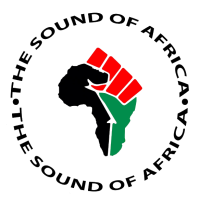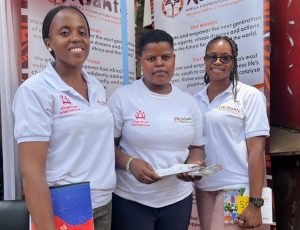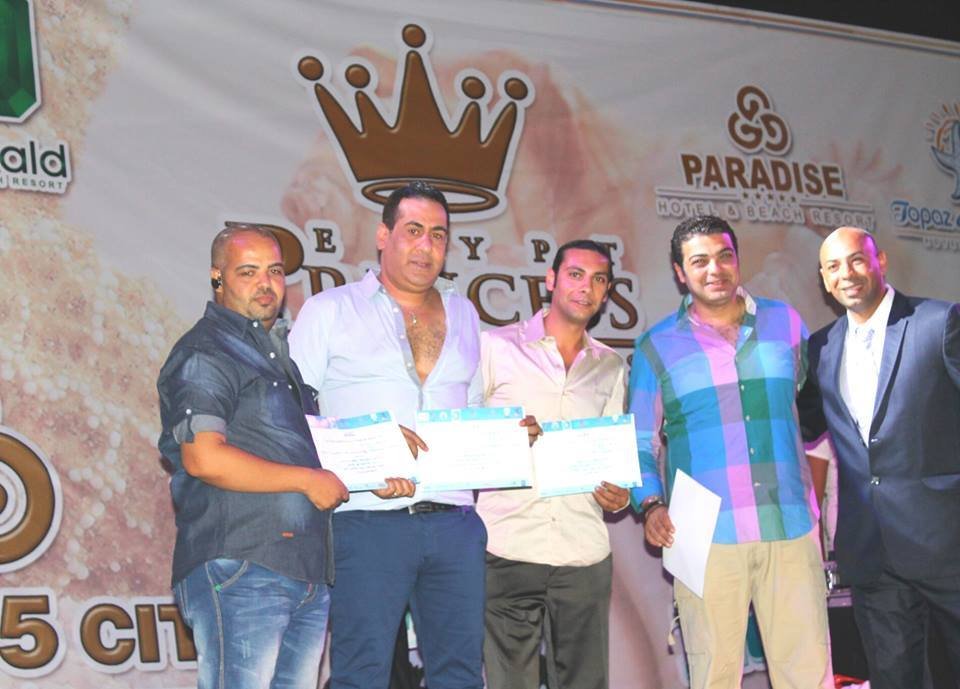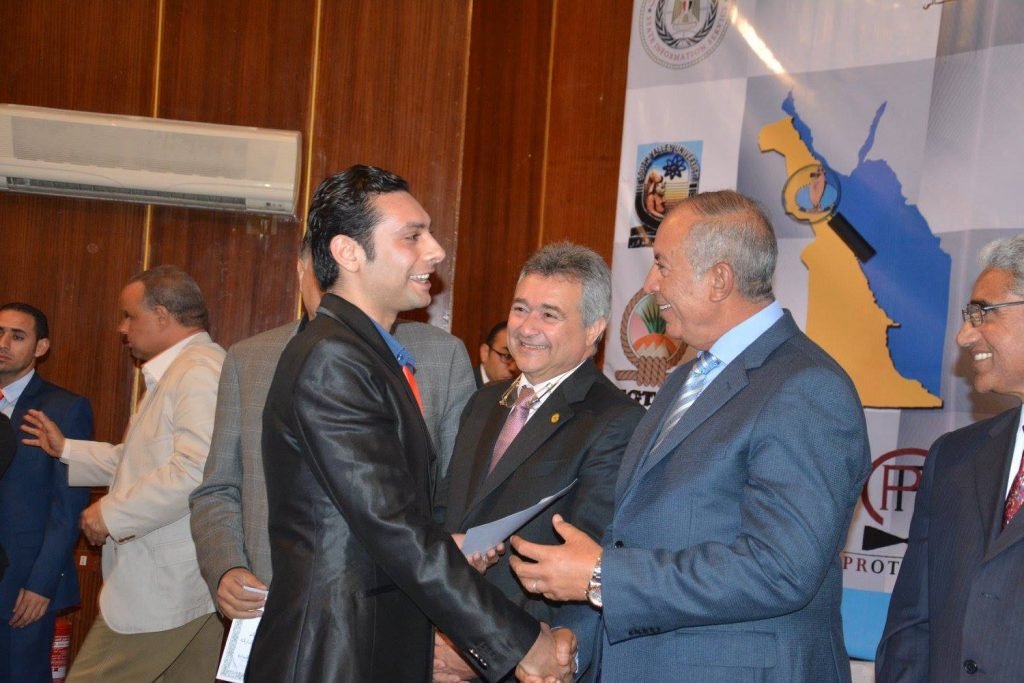Women’s Equality Day 2025: Stories of Resilience and Transformation from East Africa
 Since its designation in 1971, Women’s Equality Day has served as a powerful reminder of the ongoing fight for gender equity – and the undeniable impact women have when given equal opportunity.
Since its designation in 1971, Women’s Equality Day has served as a powerful reminder of the ongoing fight for gender equity – and the undeniable impact women have when given equal opportunity.
This day commemorates the ratification of the 19th Amendment in the United States and honours the generations of women who fought –and continue to fight – for access, voice, and choice. It also invites us to look globally and recognize that the journey toward equality is far from over.
In many parts of East Africa, the barriers to equality are deeply entrenched. Though most communities no longer forbid girls’ education, many girls are still forced to drop out of school due to poverty, limited access to menstrual health products, early marriage, and deeply rooted gender norms. These challenges are not only personal – they hold back entire communities.
At Asante Africa Foundation, we believe that educating and empowering girls is one of the most transformative investments a society can make. Our Wezesha Vijana Program equips less privileged young girls in the most underserved areas in East Africa with the social, financial, and health knowledge needed to take control of their futures, while also engaging boys as allies in the movement for gender equality.
Meet three young women who are redefining what’s possible:
 Nasra, a 20-year-old from Irente View in Lushoto, grew up in a low-income family where education and opportunity were limited, and early marriage felt inevitable. That changed when she joined Asante Africa Foundation’s Digital Employability and Entrepreneurship Program (DEEP). Through the program, she gained practical skills in digital literacy, business management, and e-commerce, which empowered her to open a small retail shop in her community. With an initial capital of about $325 and strong support from her parents, Nasra now earns a daily income, helps support her siblings’ education, and is working to formalize her business. “If not for this program,” she says, “I would be married by now.” Instead, she’s building a future as a businesswoman and mentoring other young people in digital skills, proving what’s possible when girls are given the tools to thrive.
Nasra, a 20-year-old from Irente View in Lushoto, grew up in a low-income family where education and opportunity were limited, and early marriage felt inevitable. That changed when she joined Asante Africa Foundation’s Digital Employability and Entrepreneurship Program (DEEP). Through the program, she gained practical skills in digital literacy, business management, and e-commerce, which empowered her to open a small retail shop in her community. With an initial capital of about $325 and strong support from her parents, Nasra now earns a daily income, helps support her siblings’ education, and is working to formalize her business. “If not for this program,” she says, “I would be married by now.” Instead, she’s building a future as a businesswoman and mentoring other young people in digital skills, proving what’s possible when girls are given the tools to thrive.
 At just 17, Alice from Kainuk, Turkana County, has turned personal hardship into a story of resilience and impact. Raised by a single mother who relied on charcoal burning to make ends meet, Alice often missed school due to a lack of essentials, such as sanitary pads and school fees. Her turning point came when she joined the Wezesha Vijana Program’s Enterprise Challenge, where she learned business skills and tapped into her love for traditional Turkana beadwork. Using borrowed tools and leftover materials, she started a small bead-making business, working late into the night to make it succeed. What began as a modest effort has grown into a steady source of income, now funding her education and supporting her family. With her mother helping run the business while Alice is at school, it has become a symbol of shared strength. More importantly, her journey is inspiring other girls in her village to start their own ventures – proof that even in the toughest conditions, determination and creativity can spark real change.
At just 17, Alice from Kainuk, Turkana County, has turned personal hardship into a story of resilience and impact. Raised by a single mother who relied on charcoal burning to make ends meet, Alice often missed school due to a lack of essentials, such as sanitary pads and school fees. Her turning point came when she joined the Wezesha Vijana Program’s Enterprise Challenge, where she learned business skills and tapped into her love for traditional Turkana beadwork. Using borrowed tools and leftover materials, she started a small bead-making business, working late into the night to make it succeed. What began as a modest effort has grown into a steady source of income, now funding her education and supporting her family. With her mother helping run the business while Alice is at school, it has become a symbol of shared strength. More importantly, her journey is inspiring other girls in her village to start their own ventures – proof that even in the toughest conditions, determination and creativity can spark real change.
Linnet was raised in a strict religious household where her parents believed girls belonged at home, not in school. But through Asante Africa Foundation’s Parental Engagement program, ongoing conversations and community support gradually shifted their perspective. With a scholarship, Linnet finally enrolled in school and quickly thrived, joining the Wezesha Vijana and Youth Livelihood Programs, learning leadership and life skills, and even tutoring her younger siblings. Her parents, once resistant, began to see the impact of education on their family. Now, Linnet dreams of becoming a teacher to inspire and empower other girls facing the same barriers she once did.
Real Change Starts With Opportunity
These are just a few of the thousands of young women rewriting their futures through education, mentorship, and entrepreneurship. And there are thousands more still waiting for that chance.
As Charles Waigi, our former Kenya Board Chair, once said, “Educated minds will collectively find better solutions to whatever problems their communities face.” The more educated minds, the better.
This Women’s Equality Day, help one girl unlock her power to lead.
Written by: Victoria Kwamaamabe



